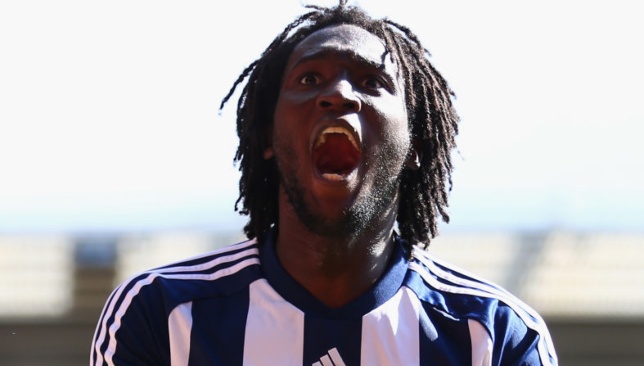
Every season, clubs make use of the loan market to bolster gaping areas in their squad and in some cases, the deal works out better than expected.
Some teams go all the way and make the move permanent, while others relish the influence the player brings – even if it’s for a short time. These are some of the most significant loan deals from this century.
Fernando Morientes (Monaco 2003-04)
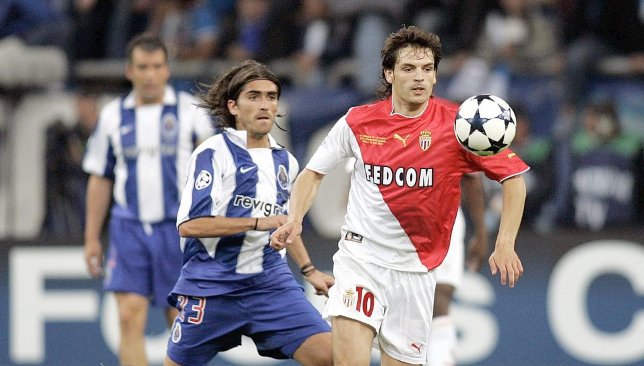
After Ronaldo moved to Real Madrid in 2002 following his World Cup heroics, it was unlikely that anyone was going to deny him a place. Fernando Morientes was a victim of Ronaldo’s arrival, and he hardly got much time on the pitch in the 2002-03 season, playing just 18 league games all season.
He was loaned to Monaco in the following campaign and made an exceptional impact. The Spaniard scored 22 times across all competitions, but most incredibly, he even knocked Real Madrid out of the Champions League. This was before the Spanish club started setting ‘fear’ clauses in contracts of loaned out players which prevented them from playing against their parent club.
Monaco would go on to make the Champions League final but would lose to Porto in Gelsenkirchen. In the end, this was a successful season, but a permanent move wouldn’t materialise. He would return to Real Madrid the next campaign in a sporadic role, before being sold to Liverpool.
The impact he had at Monaco, however, was unexpected and was definitely one of the best temporary deals in recent memory.
Edgar Davids (Barcelona 2004)
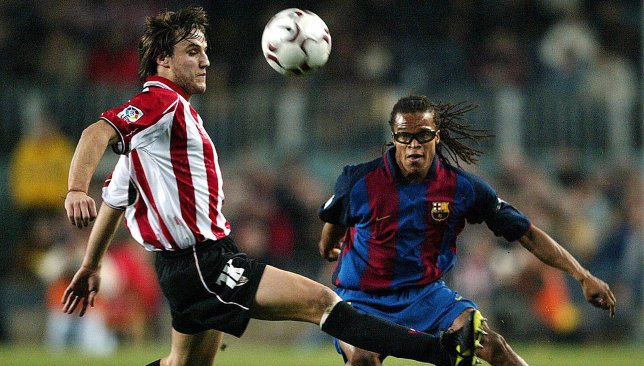
When Barcelona moved to sign Edgar Davids on loan, they were a struggling mid-table side in La Liga. Having done well in the Netherlands and Italy, Davids was seemingly out of favour at Juventus and his manager at Barcelona, compatriot Frank Rijkaard was under immense pressure to see results improve.
However, his arrival prompted a change in culture at the club. Gone were the days of lethargic displays and in came a renewed energy. Immediately, they would start to climb up the table and having seen the season go by without a hint of a title challenge, they would finish the 2003-04 campaign as runners-up, behind Valencia.
Many credit this transfer as the catalyst for change in Barcelona. Although Davids didn’t stay beyond his six-month spell, Barcelona improved drastically after this. They would bring home the league title in the following campaign before adding their second Champions League honour in 2006.
‘The Pitbull’, as he’s known, was everything the club needed at a time of crisis and uncertainty.
Mikel Arteta (Everton 2005)
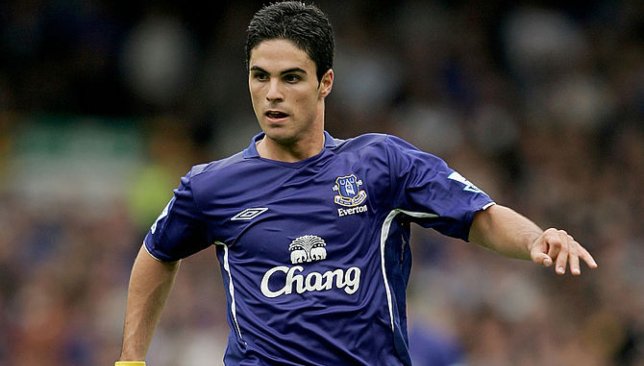
Arriving as Everton were flying in the league in the 2004-05 campaign, Mikel Arteta was the perfect addition to David Moyes’ midfield. At the time, he wasn’t getting much playing time at Real Sociedad, having moved from Rangers at the start of the season. The Basque club flirted with the idea of fielding him with Xabi Alonso, but the latter’s departure to Liverpool ruined plans.
Instead, Arteta made his own temporary move to Merseyside. As Everton were fighting for a Champions League place, Moyes felt he needed to add to his depth in the run-in. Arteta instantly stamped his authority and made a mark in the first-team. The Toffees were spurred on and managed to qualify for the Champions League, finishing in fourth which was a big achievement considering the budget they were on.
Such was Arteta’s quality and impact in the team in his six-month spell that Everton immediately made his deal permanent. He would stay at Everton for a further six years before leaving for Arsenal with all the admiration. A wonderful midfielder, he was a key cog in Moyes’ sides and was a constant feature.
Thibaut Courtois (Atletico Madrid 2011-14)
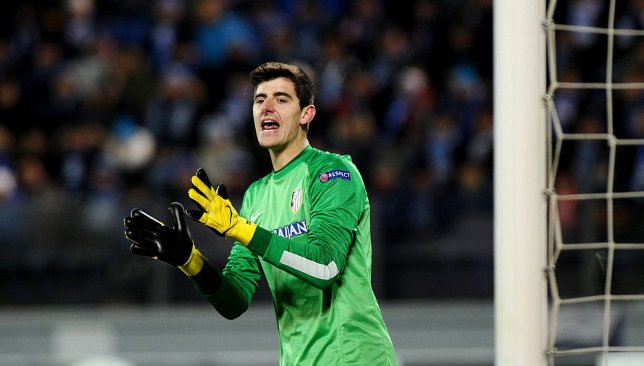
This move aligned well for all three parties involved. At a time when Petr Cech was still Chelsea’s undisputed number one, newly-signed prodigy Thibaut Courtois was unlikely to breakthrough so easily. At the time, Atletico Madrid had already sold David De Gea to Manchester United, so it made perfect sense to bring in the Belgian.
Given a wealth of first-team opportunities, he was a key part of Diego Simeone’s Atleti revolution. In his first season, they won the Europa League, beating Athletic Club in the final as Courtois managed to keep a clean sheet. In his second, they managed to forge a title challenge, but fell short. However, they did qualify for the Champions League. In the third, Atleti won La Liga and were seconds away from winning the Champions League.
All this happened while he was still officially contracted to Chelsea.
When he returned to London ahead of the 2014-15 season, he was drafted to a first team place with the aging Cech dropping down to second choice. That season, Jose Mourinho’s Chelsea won the league title for the first time since 2010. All turned out well for all three parties in the end.
He would return to Madrid in 2018, although with Real Madrid this time around on a permanent deal.
Romelu Lukaku (West Brom 2012-13)
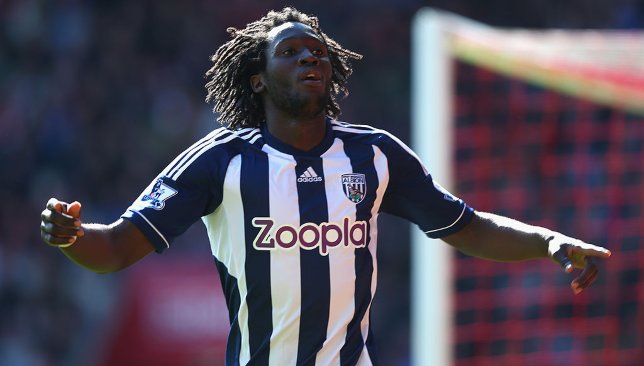
Lots was expected of Romelu Lukaku when he signed for Chelsea, but the competition facing him meant that he hardly got any time on the pitch. So when the time came for him to move out on a temporary deal on to West Bromwich Albion, he took the chance with both hands.
His season involved scoring braces against Reading and Sunderland before ending it with a hat-trick against Manchester United in an extraordinary 5-5 draw at home. Lukaku ended that season with 17 goals in the league as West Brom achieved a strong eighth-place finish. He also stood sixth in the table for the league’s top scorers – a great achievement for a player who was still only 19-years-old at the time.
A season later, with his place at Chelsea still under threat, he joined Everton on loan. Working under Roberto Martinez, he struck 16 goals in 33 games as Everton narrowly missed out on the final Champions League place. That was enough to convince Everton to fork out £28 million on the Belgian – a club record fee at the time.
The move worked out well, and just three years later, he would make a £75 million move to Manchester United, proving just how good he was.